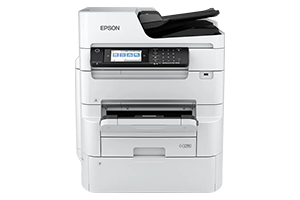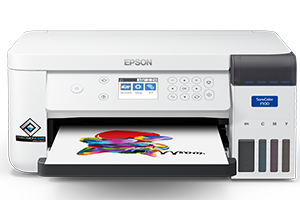
Things to Rethink: When Selecting ERP System For Your Business! 1
Enterprise resource planning, or ERP, centralizes and manages business operations. ERP system enables businesses to improve and handle daily tasks such as risk management, accounting, project management, procurement, supply chain operations, and compliance by allowing different departments to collaborate and share data in a single database.
What We Need to Focus on Selecting an ERP System?
Although the fundamental objective of all ERP systems is the same, every system cannot provide the same percentage of capability, quality, and usability. Before selecting an ERP, consider the following questions to help you make an informed choice from the multiple systems available in the market.
Which ERP system plan fulfils the needs of my company?
There is no “one size fits all” solution for ERP systems. The industry, the company’s size, and other particulars will determine which ERP plan is best for your company process. Needs analysis is the first step to choosing what software will satisfy the organization’s demands. Determine different areas for improvement and establish business requirements, interview staff members, and conduct a deep analysis of present business operations with the assistance of a third-party consultant.
Is it possible to customise and further develop the software?
Businesses customize ERP software to meet their specific operational requirements. They eliminate unnecessary features and functionalities through customization. As the business expands, they integrate the software with other programs to keep up with the organization’s evolving needs.

How can we stick to time and money?
Many businesses encounter financial and time constraints that can lead to unnecessary pressure. ERP implementation is notorious for exceeding budgets. When assessing an ERP system, it’s crucial to grasp the total cost of ownership (TCO), encompassing expenses beyond the purchase and implementation costs. A helpful approach for estimating budgets and timelines is to consult with peers who have recently experienced an ERP implementation and can offer practical insights to set realistic expectations. Effective communication is essential for achieving budget and timeline objectives, ensuring stakeholders fully comprehend their responsibilities throughout the ERP implementation process.
Is mobile device support included in ERP system?
Mobility is essential in today’s business world, regardless of the business’s nature or scale. With more individuals working remotely, they must have immediate access to business software. Businesses need to find an ERP system that enables users to access the software from any internet-enabled device at any time.
Is there support for training and education modules in ERP system?
Choosing an ERP system for a company marks the initial step. Successful user adoption hinges on change management and training. Additionally, it’s essential for businesses to effectively integrate and roll out the software, as well as offer employee training and continuous support. Create a training plan and pinpoint advocates within the organisation to encourage adoption. Through the utilization of ERP system support training and educational modules, employees can confidently and correctly utilize the software.
Is it possible for software to connect with other internal and external systems?
Integration is a challenging area for many organizations. Therefore, when selecting an ERP system, it’s important to inquire about its integration capability with internal and external systems. Ensure that vendors include a demonstration of this capability in their product demo.

Is the leader fit to handle the job?
To ensure long-term success in ERP implementation, organizations must bring together the right individuals. Executive leaders, project managers, and internal associates should lead their peers in making the most of the new system. Experts also recommend that organizations engage an external third-party implementation partner to provide support at every stage of the process.
What processes will be streamlined or automated?
ERP solutions aim to enhance workplace efficiency as their main objective. Specifically, this typically involves simplifying or automating labor-intensive or manual business processes and tasks. To assess ERP systems, utilize a scorecard to rank their automation capabilities and assess their alignment with your business needs.
What kind of deployment model will be utilized?
When businesses select an ERP system, they often consider deployment options as a key factor. They can deploy ERP software in five main models: hosted, on-premise, public cloud, private cloud, and hybrid. Many organizations are drawn to the hybrid model, as it combines on-premise functionality with cloud integration. However, it’s crucial to assess each deployment model carefully, as every company has unique needs and requirements.
What will the licensing process for the ERP system be?
There are various ways to license ERP Software solutions, including per-user or by module. When businesses use their servers to host ERP software, like with on-premise deployment, they usually pay a perpetual licensing fee, which is a one-time upfront expense. Additionally, some organizations may opt to pay a subscription fee for access to cloud-based ERP software.
Consult the IT Strategy Consultants at Kepler Executive Advisors
Countless ERP Software Companies, partners, and suppliers are available. It’s crucial to identify which options align with the organization’s requirements at a cost the company can manage. To learn more about selecting an ERP system, reach out to an IT strategy consultant at Kepler Executive Advisors for a consultation today. We provide well-flourished services to UAE, Qatar, Oman, Saudi Arabia, and all across the GCC and Africa as well.
For more details, please connect with our team Get ERP Consultation

















Choosing the right ERP system for your business is crucial for streamlining operations and driving growth. Focus on scalability, customization, and integration capabilities to ensure it aligns with your long-term goals.